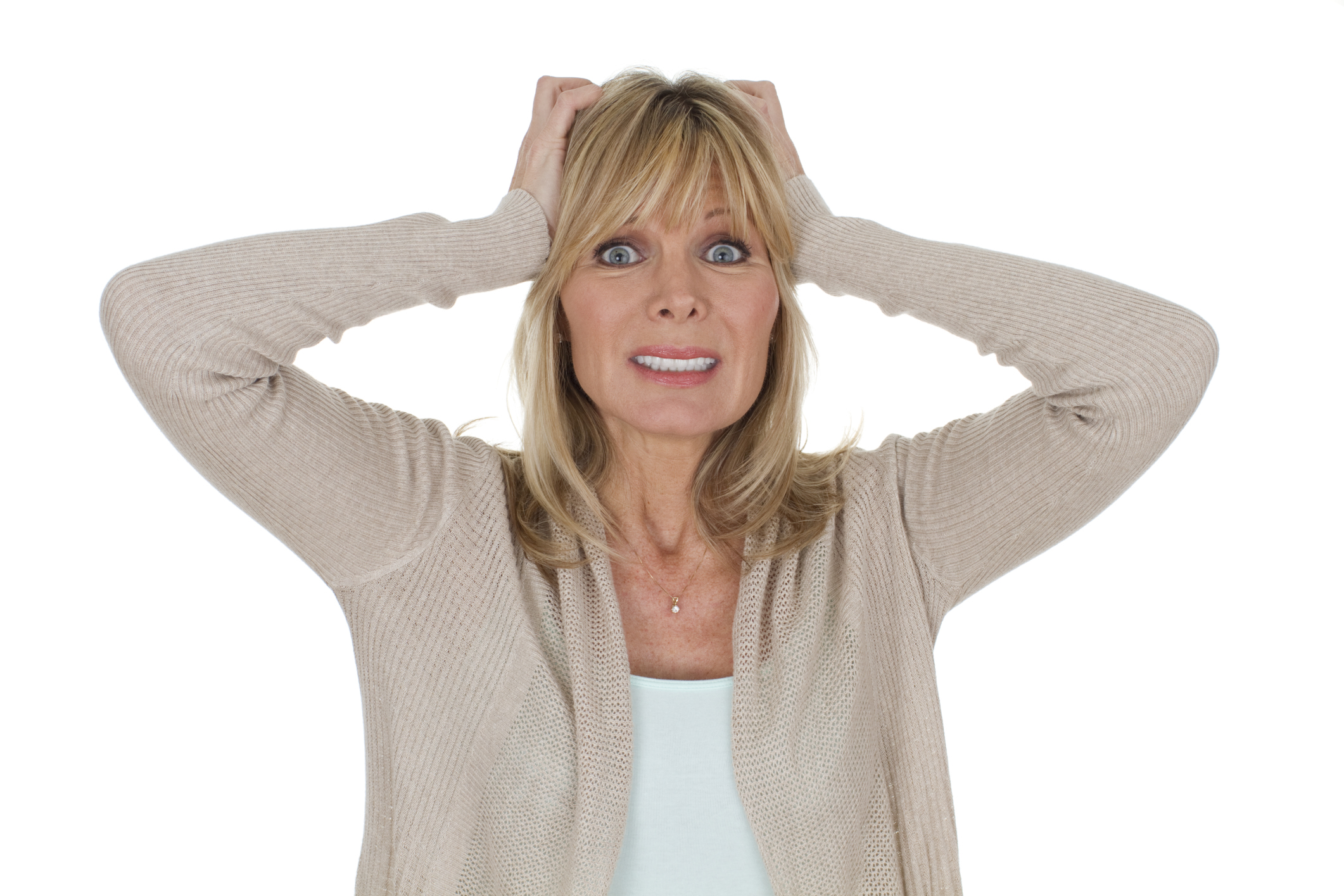
Trichotillomania
Trichotillomania is a chronic impulse control disorder characterized by the overwhelming urge to pull out one’s hair. It can leave behind noticeable bald patches and is not limited to a specific age group or gender. Trichotillomania often co-occurs with other body-focused repetitive behaviors like nail biting and skin picking.
Treatment for Trichotillomania
Psychotherapy, such as habit reversal therapy, is effective in treating trichotillomania. Other approaches, including acceptance and commitment therapy and addressing associated mental health disorders like depression or anxiety, can also be helpful.
Trichobezoars
Trichobezoars are masses of hair that can block the digestive system. They can be linked to trichotillomania and trichophagia, particularly in young girls. Trichobezoars can cause progressive obstruction and lead to stomach outlet obstruction if not treated.
Symptoms and Treatment of Trichobezoars
Trichobezoars typically cause symptoms such as epigastric pain, vomiting, and early satiety. CT scans can reveal the presence of trichobezoars within the gastrointestinal tract. Treatment options may include medical intervention to remove the bezoar.
Behavioral Therapy for hair Pulling
hair pulling can be treated through behavioral therapy, specifically habit reversal training. This approach helps individuals reverse their hair-pulling behavior by addressing underlying habits.
Diagnosis and Seeking Medical Advice
If experiencing hair pulling, it is essential to seek medical advice. Healthcare providers can assess symptoms, diagnose related conditions, and provide appropriate treatment.
Prevention and Risks
Pulling hair can damage the skin and hair and may indicate underlying medical problems. Seeking medical advice early is crucial to prevent further damage and address any potential underlying issues.
Managing Trichotillomania
Trichotillomania typically appears during early adolescence and persists over time. Cognitive Behavioral Therapy and medication are practical options for managing symptoms and preventing further damage. Having a support system in place can help manage stress and symptoms.

